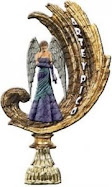Here’s Emerson waxing poetic about a flower in the woods. His rather old-fashioned and self-consciously poetic vein can be trying: You can tell I’m a poet because I say "thee!" And because I invert normal sentence structures! (Yes, I know that both language and poetic conventions were different in 1834, but greater poets worked with them without sounding so stilted in some lines. The problem is that those lines jar, and they do that because Emerson establishes a pretty straightforward syntax and style at the beginning. Okay, I’ll shut up now.)
Despite some stylistic lapses, the concepts here are endlessly intruiging. It’s a version of that old conundrum: if a tree falls in the forest and no one hears it, does it make any sound? I don’t think this is a great poem, but it came to mind during my latest philosophical meanderings about bean blossoms and the nature of beauty, so I thought I’d go ahead and post it. Also, the line I quote as my title for this post is pretty damn good: simple, unforced, yet profound — and it scans perfectly, every other syllable receiving emphasis, like the downbeat in a measure of music.
by Ralph Waldo Emerson
On being asked, Whence is the flower?
In May, when sea-winds pierced our solitudes,
I found the fresh Rhodora in the woods,
Spreading its leafless blooms in a damp nook,
To please the desert and the sluggish brook.
The purple petals, fallen in the pool,
Made the black water with their beauty gay;
Here might the red-bird come his plumes to cool,
And court the flower that cheapens his array.
Rhodora! if the sages ask thee why
This charm is wasted on the earth and sky,
Tell them, dear, that if eyes were made for seeing,
Then Beauty is its own excuse for being:
Why thou wert there, O rival of the rose!
I never thought to ask, I never knew:
But, in my simple ignorance, suppose
The self-same Power that brought me there brought you.

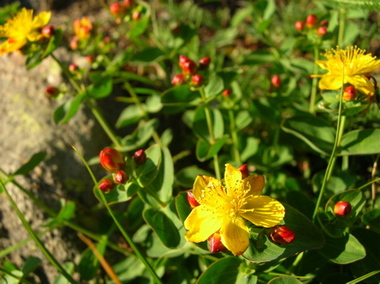
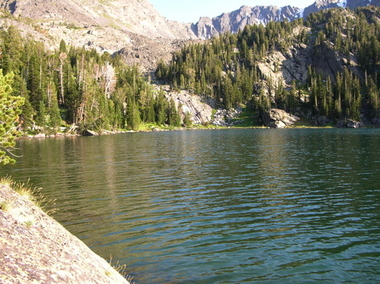
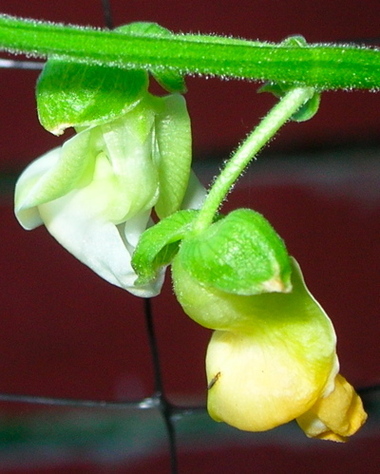
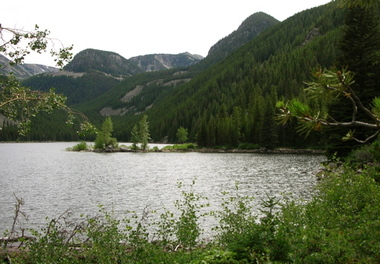
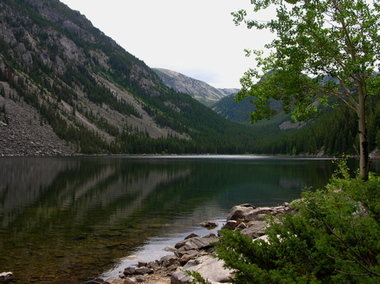
 Subscribe to RSS feed
Subscribe to RSS feed